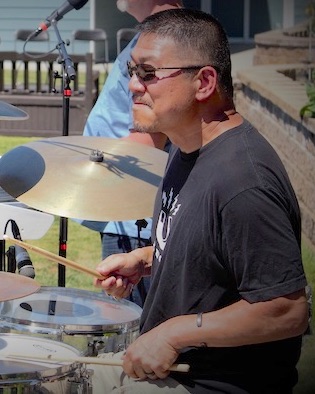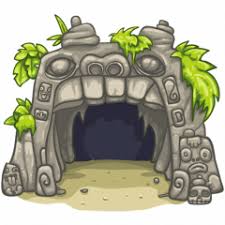Tell us about your background and what led you to healthcare equity.
I learned early and often that, despite lofty words and promises to the contrary, not all people in the United States are on equal footing. Some people thrive and some survive in the current system. Others survive in spite of the system. And the rest don’t even survive. And lest there be any doubt, surviving is most definitely not thriving.
I also learned early and often that a healthy, caring community is really needed for us to live our best lives. According to the World Health Organization, health is a resource for everyday life, not the objective of living. Our communities are only as healthy as the least healthy of us and the measure of how caring we are is how willing we are to look after those who are less well off than us. That is why I am passionate about addressing health equity in our community. I want to live and raise my family in a healthy, caring community and I am willing to work hard at helping to make that happen.
Tell us about your daily work and the neighborhood or different locations that you focus on.
In 1981, City of Seattle created Pacific Hospital Preservation & Development Authority to hold title to the beautiful historic campus on North Beacon Hill and to address disparities in access to health care for residents in Seattle and King County. Ever since, we have endeavored to fulfill the original mission, but also to flex with changing times and the changing understanding of how disparities are best addressed and how the complex systems of health impact diverse communities. We focus wherever there are disparities in health outcomes in King County and it should come as no surprise that we see pockets of disparities everywhere we look and they correlate with the populations for whom mainstream systems were not built – including refugees and immigrants, homeless, low-income, BIPOC, LGBTQ and others.
Our daily work falls into several discreet buckets. First, we are stewards of a historic landmark campus that generates all of the revenue that we use to address health equity issues. Operating, maintaining, preserving this valuable asset requires regular attention to myriad details. At the same time we are also always considering further opportunities to develop the campus to maximize our health equity impact. With the Health Equity Fund as the largest programmatic offering, we work on a daily basis to serve the evolving needs of our grantees as well as to continuously refine our grant program to ensure its relevance and effectiveness. We are also working to strengthen our communications work in advance of exploring opportunities to increase our impact in policy and system change to address disparities in health outcomes and access to healthcare services.
How has your routine changed since the pandemic?
Fortunately, for us and for the populations we serve the routine hasn’t changed much beyond where the magic happens. Although our office is well suited to working under pandemic restrictions, we have also discovered that it is possible to accomplish the bulk of our responsibilities using a hybrid combination of remote and in-office work.
How does trust play a role in your work, especially in the current COVID-19 Atmosphere?
Trust is the basis for nearly all social interactions and certainly for our work in trying to close health equity gaps. One of the key features of our grant program is the learnings from challenges faced by our grantees during the execution of their grant-funded programs. Grantees are typically loathe to share failures with their funders out of the fear of jeopardizing funding, but such reticence hides important learnings that come from sharing information about the unanticipated challenges and the steps taken to address them. Without trust between us and our grantees, this exchange would not happen. When COVID-19 hit, many of our grantees experienced total frustration of grant purpose – they simply could not conduct planned activities in a social distanced context. Beyond that, the needs of their target populations shifted radically. We worked with each grantee to make every possible adjustment to allow grantees to better serve their populations within the limits of the grant.
What do you wish the public knew about what you experience, in your field of health?
The healthcare system is not a system at all – it is a very complicated intersection of regulators, providers, manufacturers, insurers, researchers, and many other stakeholders each with their own motivations. To say that we need to “transform the healthcare system” is to oversimplify just how complicated the effort needs to be in order to truly effect positive change.
What is the best part of your day? The hardest?
The best parts of my day are starting work and ending work. Each day, my goal is to leave family and home behind and start the work day full of energy and purpose, and to finish strong so I can go back to family and home with positivity. The hardest part of my day comes when I am tired and still have too much to do before I can call it a day.
Will COVID-19 change your approach to your work going forward?
In the short run, it will change the way I think about the magnitude of the health inequity problem. In the long run, it will change the way I marshal my arguments for why we need to eliminate health inequity in our communities.
What is the best life/career advice anyone has ever given you?
It’s not really advice per se, but one of the great lessons that I learned from my Dad is that “everything is relative.”
Can you recommend one easy, daily self-health practice that can help people get through the day?
Breathe in clean air and forcefully exhale the spent air from your lungs. Drink lots of clean water.
Is there anything else you’d like the public to know about how it feels to be trying to make key differences in healthcare equity in the middle of a global pandemic?
Lonely, until you build a community around yourself.
More Stories from Kinnected
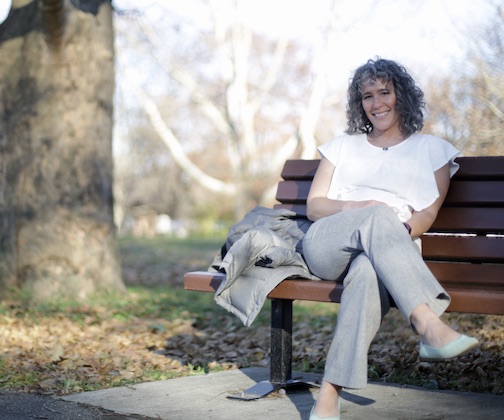
At times, it has been really frustrating to be a strategist and health communication professional and witness the lack of strategic planning and messaging that we have over the last two years.
-
3 years ago
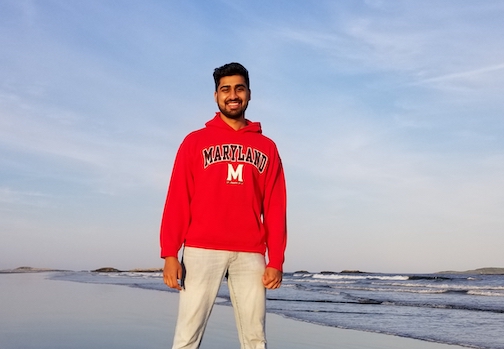
"What many people miss is that emotional exhaustion among clinicians existed long before the pandemic."
-
4 years ago
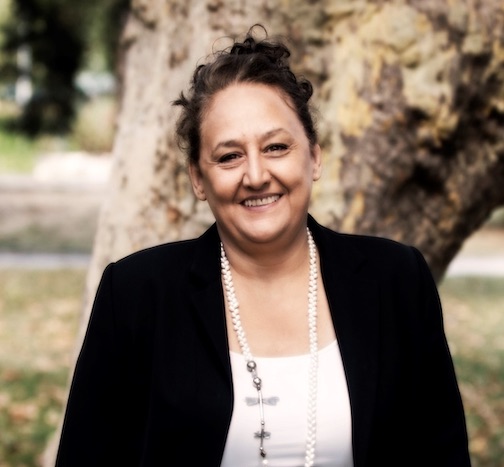
"A lot of people argue whether technology is good for the future of humanity or bad. In my opinion, it is both - just as an herb could be a poison or a medicine."
-
4 years ago
